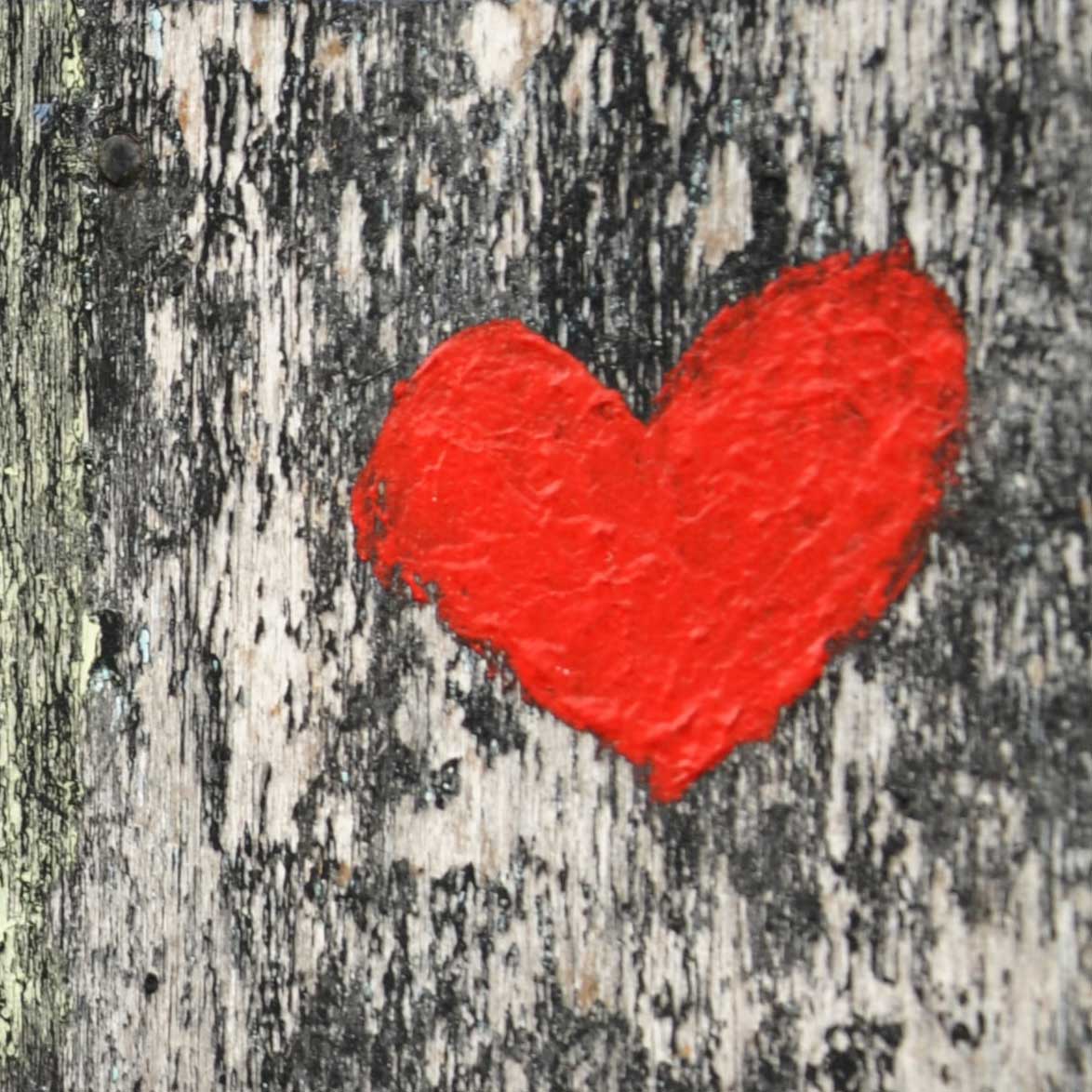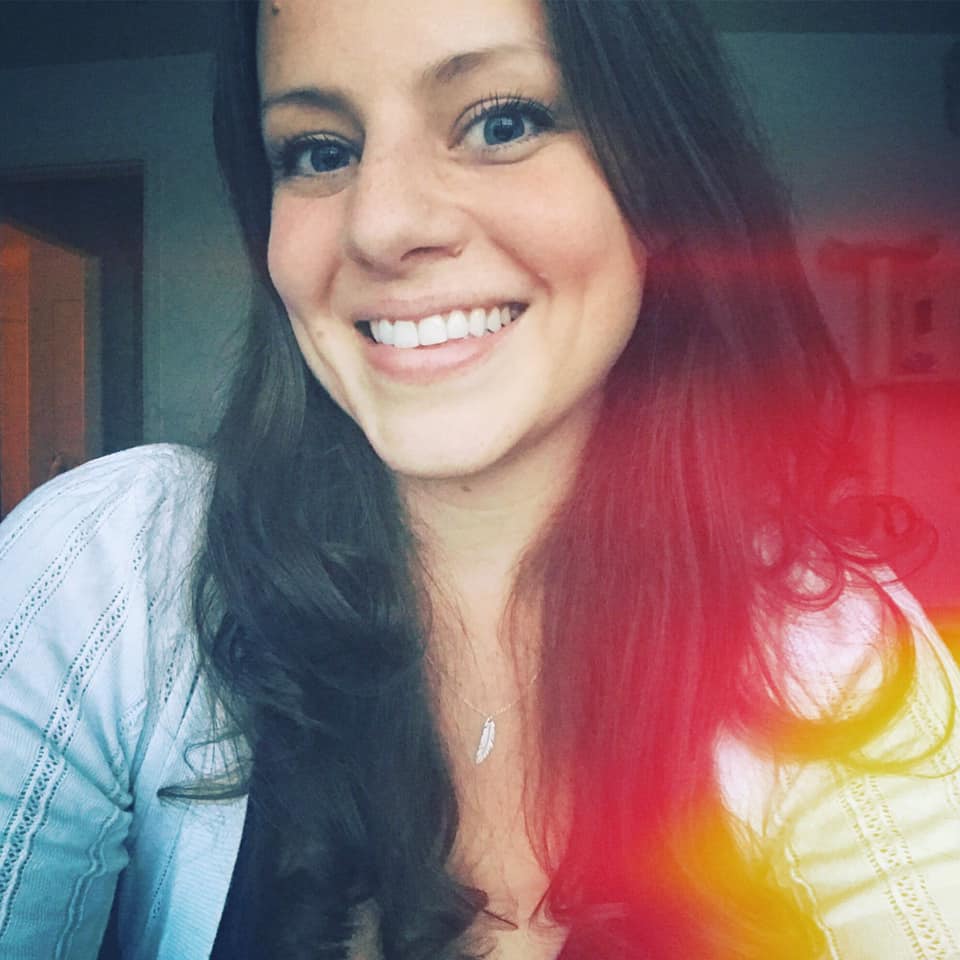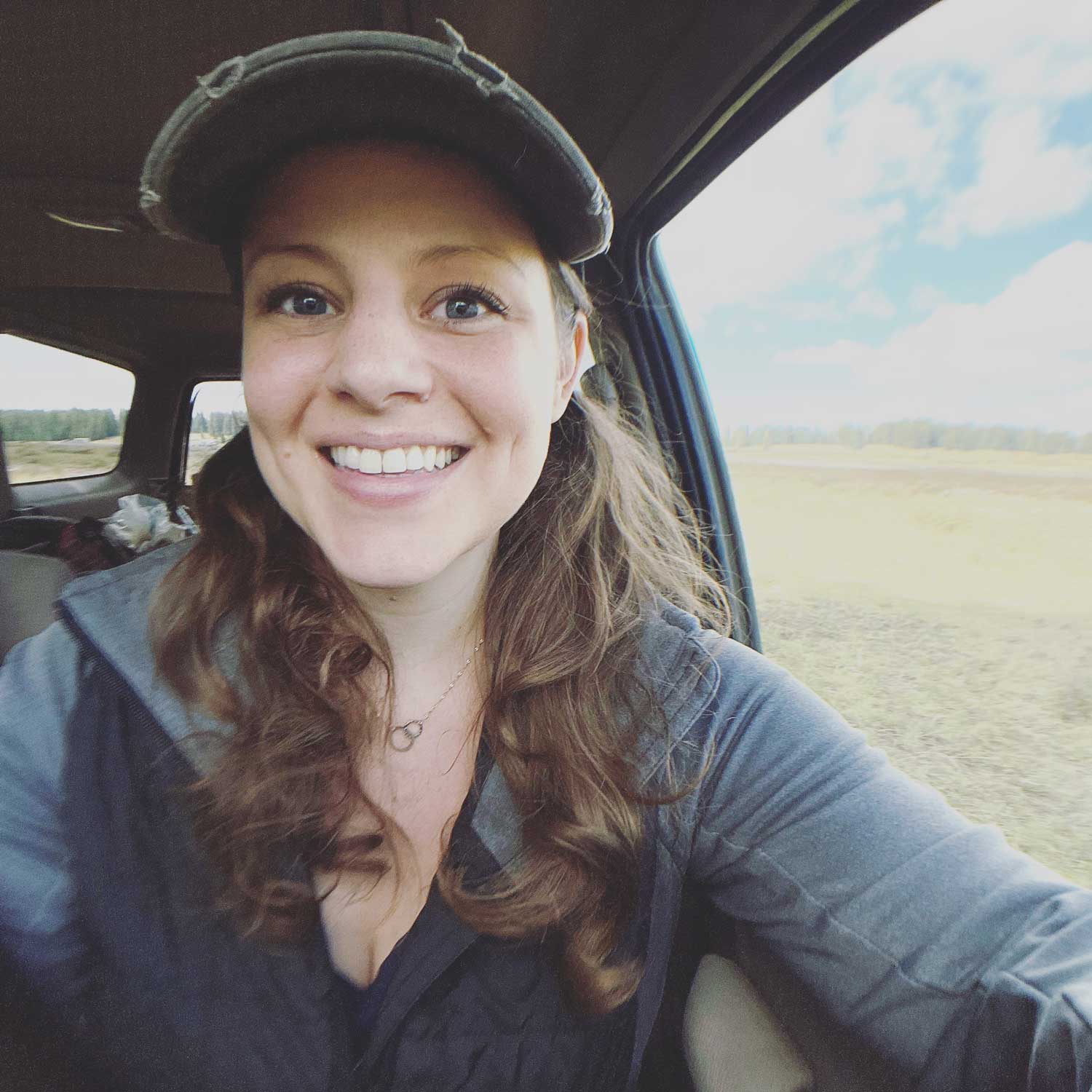Is It Love or Is It a Trauma Bond?
This is a question I had to ask myself very intentionally and repeatedly in my healing.
Is it really unconditional love, or is it just a trauma bond?
Honestly, it was hard to find a clear answer at first.
I’m a person who hits google and finds books and learns as much as I can about the things I’m working through and healing so I have an intellectual understanding to go alongside the feelings and process work. So much of what’s discussed around trauma bonds is tied to narcissism and abusive relationships.
But what if the person wasn’t an abusive narcissist?
Well, I can say with confidence (from my personal experience), it’s still possible to form a trauma bond even if those factors aren’t present.
I’ve had prior relationships where I formed a trauma bond, and they were abusive humans that definitely fell on the narcissism spectrum, but my last relationship was far from that. He was kind and caring without a controlling or manipulative bone in his body. And he was one of the first people I felt safe with in a lot of ways.
Still, I found myself dealing with the signs of a trauma bond! It was just harder to name and identify because there were none of the obvious factors at play.
The first time we split up, I moved through the waves of grief and landed back in love.
It felt like clean, beautiful, unconditional love.
“I just want to love him,” I would say as my heart swelled.
And it was true. The desire was overpowering and needed nothing in return. It didn’t matter that he’d already jumped into another relationship. It didn’t matter that I never felt truly met or that the relationship was crazy-making and inconsistent more often than not. It just mattered to me that he knew he was loved and cared for. I wanted to shower this special human with all the love I had inside.
Our second split (nine months after getting back together), I moved through even more waves of grief and stepped into rapid and in-depth healing like never before in my life. I dove deep, cleared out everything I could, and was very intentional about every aspect of finding my way to freedom from our bond.
And as the dust settled and the peace finally came, there it was again.
“I just want to love him,” I would say. “I just want him to know how much I care.”
But something was different this time.
Something about it caused me profound stress and strain, and that’s when I realized the love I had for him wasn’t anything but toxic—to myself.
The realization was startling, heartbreaking, and relieving all at once.
“I think it’s a trauma bond,” I said to a friend.
“The feeling of wanting to love and care for him is so intense and overpowering and asks for nothing in return. But once it passes through, I feel like I’ve been hit by a bus, and actually engaging with him makes me feel like garbage.“
There are lots of definitions, but this one stood out to me the most:
“A trauma bond is an intense emotional bond between people that usually forms as a result of a toxic or abusive dynamic.”
Samantha Waldman, MHC on Bustle.
It’s important to note that someone doesn’t have to be a traditionally defined “toxic person” for the relationship to be toxic and damaging to your heart.
You can love a good person and also form an unhealthy trauma bond with them in the process of navigating dysfunction, inconsistency, emotional unavailability, poor communication, broken trust, and ill-paired attachment styles or childhood trauma. Additionally, someone’s inability to show up for us can be internalized as neglect, resulting in very similar trauma responses as outright abuse.
In fact, there’s a very good chance if neither of you is abusive or narcissistic (but there are unhealthy and damaging dynamics at play) that they’ve formed a trauma bond with you, too, from all the highs and lows.
This starts to present in many ways.
You might not be happy or feel safe anymore, but you can’t seem to leave.
The healthy love might have faded, but you still feel intensely drawn to them.
There’s no ability or desire to trust, but you’re still desperate for them to repair it.
They might let you down more than they show up, but you still crave that next high.
The lows might be unbelievably depressing, but you keep fixating on the good.
And even if things are actually good, you’re nothing but anxious and unsettled.
You’re stuck in a loop you can’t step out of, and even though you feel deep love, it’s harmful to your heart and soul. It breaks you down and leaves you as a shell of a person. You’re sick, exhausted, and unwell from the stress and anxiety.
That was certainly me by the end of my last relationship.
So, how do we heal from a trauma bond?
The first step is really seeing it for what it is.
As I said, this can be heartbreakingly hard to accept and acknowledge at first because we feel so in love with the person we’ve trauma bonded to.
But it’s absolutely possible to find freedom, I certainly have (and continue to on deeper and deeper levels the more I do my healing work).
Here’s what I’ve focused on:
- Honor the love that was there. It might not be that deep, soul-level love that you thought it was, but there’s often still love there. Allow space to grieve the love you did have for this person and the good times you experienced.
- Acknowledge the aspects that weren’t/aren’t true, unconditional love. For me, this has looked like training myself to see and experience the waves of intense love and care for what they are: a dying trauma bond. It’s like withdrawal from a drug at first, feeling intense, overwhelming, and utterly exhausting. See it for what it is, and don’t buy into the desire. It’s just what it feels like to break the bond and doesn’t require any action other than allowing it to pass through.
- Cut off contact and communication if you can. It’s going to make it so much harder to heal from the bond to stay connected. I know it feels selfish, petty, cruel, and even immature at times, but it’s none of those things. It’s about you healing your heart and moving forward toward more healthy and loving bonds. Block their social accounts, emails, and phone number if you can (sometimes we can’t if there’s children or shared property to deal with). If you can’t, don’t engage with them in any way but to discuss business. Do this indefinitely until you feel truly healed from the trauma bond and unable to get hooked back in at any level. This might be a few months; it might be forever. Trust your heart.
- Get support! This could be a program, coaching, reading books, joining a support group, or working with a therapist. For me, process work, journaling, talking to my brilliant and well-educated friends, and continuing the work to raise my self-worth have been tremendously helpful. In the past, I’ve worked with coaches and therapists to heal and clear trauma bonds with abusive partners. Regardless of what you choose, you don’t have to do it alone! Get support; I promise it makes it infinitely more easeful to navigate.
- Keep facing forward. Learning to hold the mindset of always facing forward is a skill I wish I learned far earlier. It doesn’t mean we bypass our feelings or avoid the deeper healing work (like jumping into another relationship before really processing or stuffing ourselves with substances, food, sex, television, etc.) We work through what’s here and present, always. And we continually do the work to face forward into what’s next. Not spinning or dwelling on the past and wishing we could go back, but working through what needs to be healed while energizing our next chapter because there are always better things to come.
- Pour all that love and care into yourself and your life. Love is just energy, and energy can be redirected. It just takes conscious and intentional effort at first. So you want to shower them with love? Shower yourself instead. You want to show them that you care? Amp up your self-care like whoa. You want them to know that they still matter to you? Do something that communicates to your heart you matter more. Make a list for yourself if you need to, and anytime those intense trauma bond feelings come up, do something for yourself.
- Focus on your healthy relationships and cultivating new ones. Call your favorite friends and catch up with family. Go on new adventures and meet new people. Join groups around your shared interests. Practice aligning with healthier connections, whether that’s friends, professionally, or beginning to date again. Pour yourself, your love and care, and your energy into relationships that lift you up because they’re secure, healthy, nurturing, and supportive.
It takes time to heal from a trauma bond, but it’s possible.
And I promise you’ll begin to feel free and empowered the more you focus on yourself and what’s coming alive inside of you as you move forward.
Trust your heart and get support.
And if it feels absolutely impossible, grab my free workbook below!





